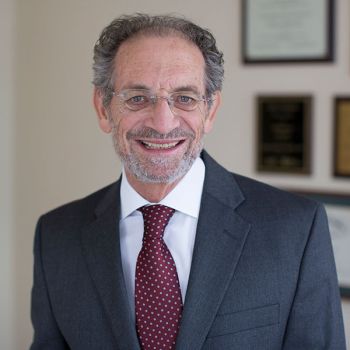
In an “Ask the Expert” article published in FOCUS: The Journal of Lifelong Learning in Psychiatry, James Griffith, MD, provides guidance on how health care professionals can connect with remote and underserved populations.
“Engaging remote populations requires skills for crossing gaps of language, culture, and social exclusion,” said Griffith, chair of the Department of Psychiatry and Behavioral Sciences and Leon M. Yochelson Professor of Psychiatry and Behavioral Sciences at the George Washington University School of Medicine and Health Sciences. “This is often a challenge.”
The definition of what areas are remote has changed over time. Previously, remote areas have been marked as places inaccessible due to travel. Now, however, remote areas are considered to be “off the grid” and away from mainstream society, such as the towns of Appalachia, Griffith explained in the article. Such populations, he wrote, often have difficult histories with mainstream society and are frequently looked at as odd or different.
Griffith suggests that when reaching out to these populations more is needed than simple delivery of expertise, skills, and material resources. Engaging with the communities should involve building trustworthy relationships, despite a health care professional’s “outsiderness.” In building trustworthiness, one should also listen and learn about the history and physical setting of the population they are caring for and should understand the adversities those people have faced. Finally, engagement should be strengthened by maintaining a steady focus on, not only the problems, but also the resilience of individuals and the community.
“Focusing on resilience conveys respect that is needed to create a collaborative and trustworthy relationship,” said Griffith.
In the article, he highlights several best practices that have facilitated engagement through the American Psychiatric Association’s Mental Health Disparities Program in Central Appalachia. These actions include practicing “psychiatry of place,” which involves learning about the unique history geography, and culture that shape the population’s identity, values, and social determinants of health; as well as partnering with, not displacing, local professionals and community builders and sharing resources and effective practices through them.
The article, titled “Engaging Remote and Underserved Populations,” is published in FOCUS: The Journal of Lifelong Learning in Psychiatry.


